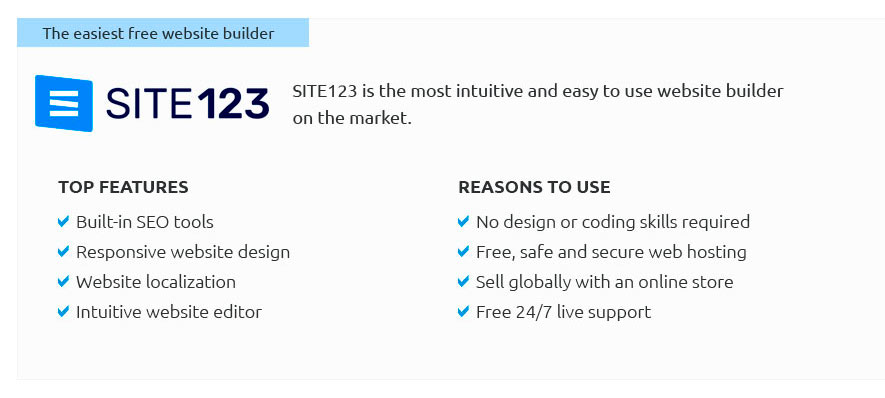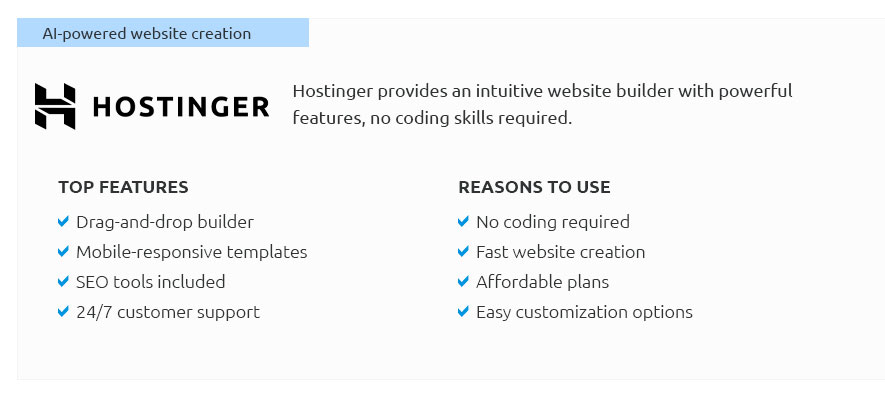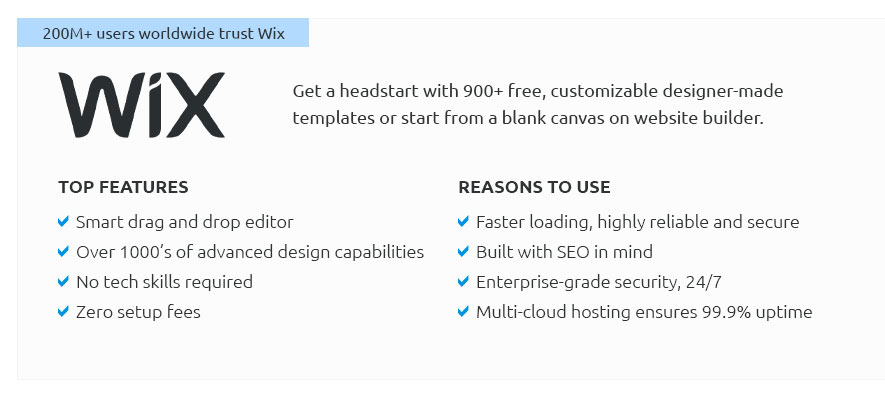 |
 |
 |
 |
|
 |
 |
 |
|
 |
|
 |
 |
|
 |
|
 |
|
 |
 |
Create Web Pages: Tips, Tricks, and Common Mistakes to AvoidUnderstanding the BasicsCreating web pages can seem daunting at first, but with a grasp of basic concepts and tools, it becomes an easy website build process. Knowing the fundamental elements is key to effective web development. Essential HTML TagsUsing semantic HTML tags is crucial for both search engines and users. Tags like <h1>, <p>, and <a> help structure content meaningfully.
Tools for Creating Web PagesSeveral tools can assist in the process. From simple text editors to comprehensive web development platforms, choose what fits your skill level and project scope. For beginners, platforms like the best place to create free website can provide a user-friendly starting point. Design and UsabilityDesign is not just about aesthetics; it's about functionality and user experience. A well-designed page keeps visitors engaged and facilitates easy navigation. Responsive DesignWith the rise of mobile browsing, ensuring your web pages are responsive is vital. This means they should adjust to different screen sizes without losing usability.
Navigation and AccessibilityNavigation should be intuitive. Organize content with clear, descriptive labels and ensure all users, including those with disabilities, can access your content effectively. Common Mistakes to AvoidAvoiding common pitfalls can save time and improve the quality of your web pages. Ignoring SEO Best PracticesSEO is crucial for visibility. Ignoring it can mean your site remains unseen. Use descriptive alt texts for images, and optimize meta tags. Overloading with GraphicsWhile visuals can enhance a page, too many can slow down load times and overwhelm visitors. Strive for a balance between text and images. When creating, remember that simplicity often leads to elegance and effectiveness. For more streamlined processes, explore resources for an easy website build. FAQs
https://www.mailerlite.com/blog/web-pages-a-website-should-have
Design a complete website with essential pages, expert guidance, and examples. Elevate your web presence and captivate your audience. Learn more today! https://webdesigner.withgoogle.com/
Google Web Designer gives you the power to create beautiful and compelling videos, images, and HTML5 ads. Use animation and interactive elements. https://www.wix.com/
Everything you need to create your website, your way. From an intuitive website builder to built-in hosting and business solutionsTry Wix for free.
|